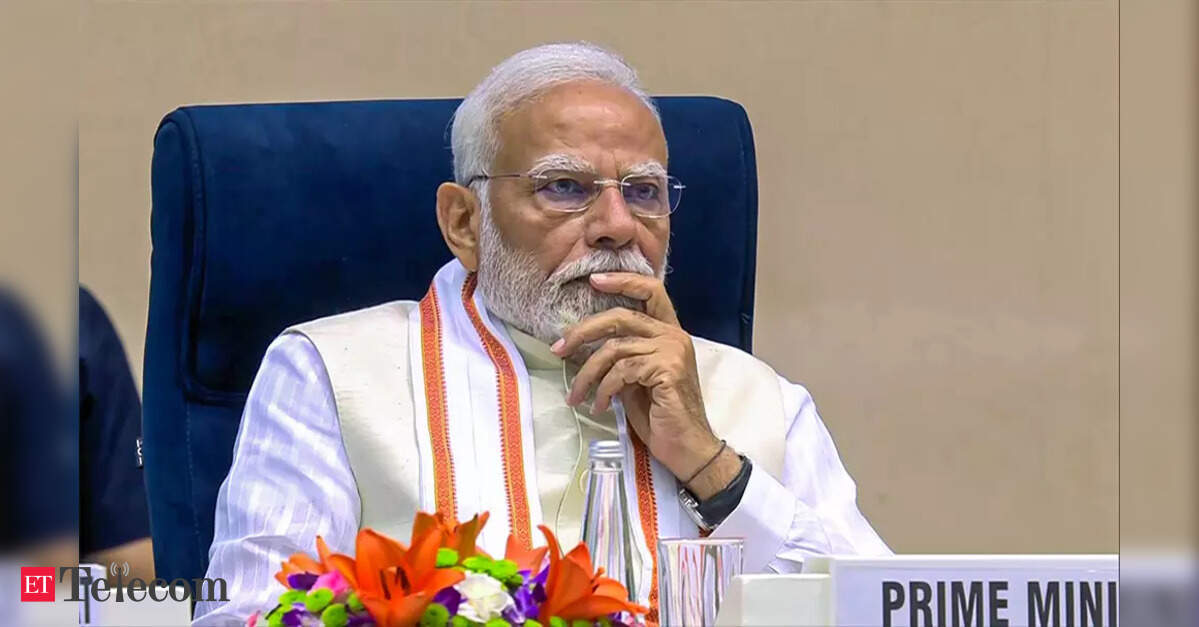India Approves Starlink License, Opening Market for Satellite Internet

Elon Musk's Starlink satellite internet service has officially secured a Global Mobile Personal Communication by Satellite (GMPCS) services license in India from the Department of Telecommunications (DoT) in mid-June 2025. This significant approval, confirmed by Communications Minister Jyotiraditya Scindia, removes a major regulatory hurdle and paves the way for Starlink to launch commercial broadband services across the country. Starlink is now the third player to receive such authorization, following Eutelsat OneWeb and Reliance Jio’s satellite venture, signaling what Minister Scindia termed India’s “next frontier of connectivity.” This development highlights a strategic opportunity to integrate satellite communications into India’s 'Digital India' initiative, particularly empowering citizens in remote and hard-to-reach areas where traditional network deployment is challenging.
Operated by SpaceX, Starlink is renowned for its expansive constellation of Low-Earth Orbit (LEO) satellites, which operate at approximately 550 km, offering lower latency and higher speeds compared to traditional geostationary satellites. With nearly 7,000 satellites deployed by early 2025 and a user base that more than doubled to 4.6 million worldwide in 2024, Starlink has demonstrated substantial global reach. Its entry into India, however, has been a protracted journey, marked by regulatory challenges. In late 2021, Starlink faced government pushback for accepting pre-order deposits without a license, leading to public advisories against subscribing to its beta service and a directive to refund pre-bookings. This controversy resulted in the resignation of Starlink's India head in January 2022 and a halt to early rollout plans.
Following these setbacks, SpaceX adopted a compliance-first approach, formally applying for licenses in 2022 and engaging with Indian officials. Progress was slow between 2022 and 2024 due to a policy impasse over spectrum allocation—specifically, whether satellite spectrum should be auctioned or administratively assigned. This created a standoff with major Indian telecom operators like Reliance Jio and Bharti Airtel, who feared competitive disadvantage. The deadlock finally broke in October 2024 when the Indian government decided to administratively allocate bandwidth for satellite services instead of auctioning it. By early 2025, the Telecom Regulatory Authority of India (TRAI) further clarified policy by recommending an annual spectrum fee of 4% of adjusted gross revenue (AGR) for satellite operators, significantly lowering barriers to entry for foreign players, despite protests from terrestrial telcos who considered the fees








